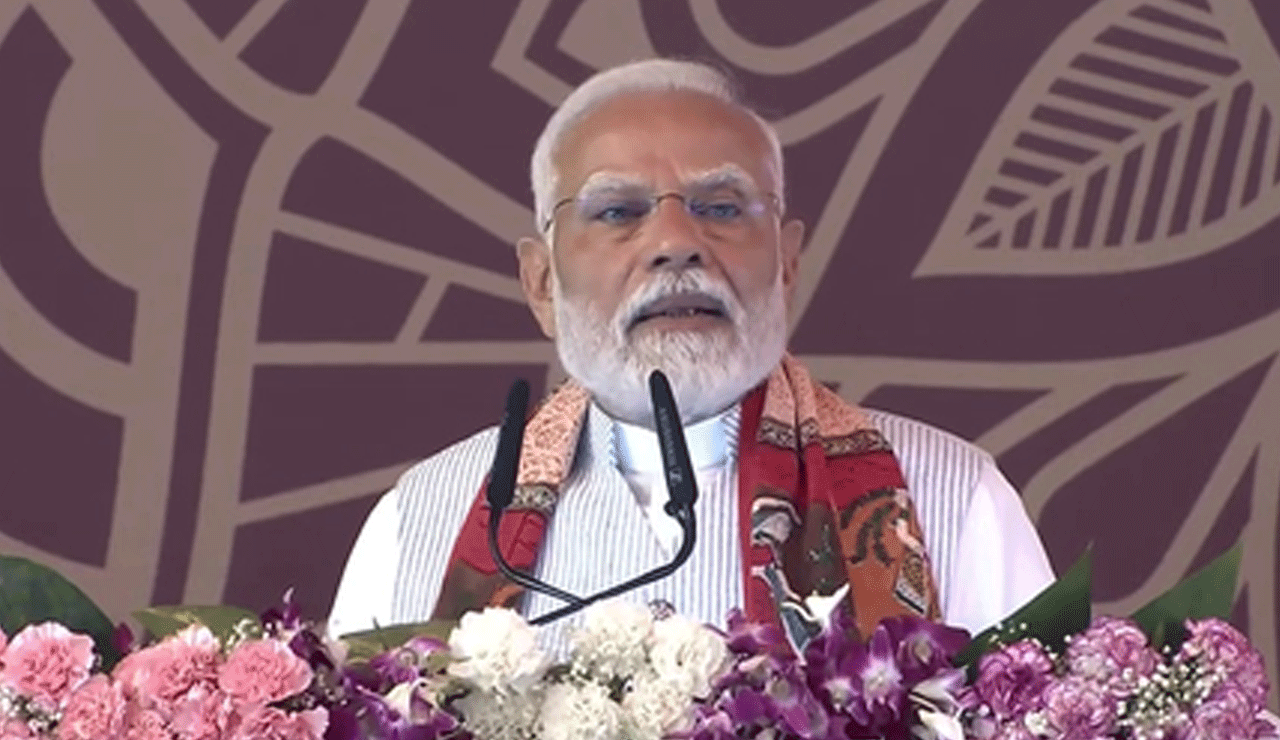The Third Eye: India’s Evolving National Security Policy Under PM Modi
On May 12, Prime Minister Narendra Modi addressed the nation after Operation Sindoor, signaling a major shift in India’s national security policy (NSP).

On May 12, Prime Minister Narendra Modi addressed the nation after Operation Sindoor, signaling a major shift in India’s national security policy (NSP). His bold statement that any future terror attack from Pakistan will be treated as an “act of war” marked a significant evolution in India’s approach to counterterrorism and regional security.
Table of Contents
Zero Tolerance Towards Terrorism
India’s national security posture now unequivocally aligns with its long-standing global call for zero tolerance towards terrorism. The emphasis on dealing firmly with cross-border terror—especially from Pakistan—cements terrorism as the top priority in the security agenda.
Post-Cold War Realignment and the Rise of Proxy Wars
Also read: Lava Launches Budget 5G Smartphones in India: Storm Lite 5G and Storm Play 5G Starting at ₹7,999
The post-Cold War era saw a surge in proxy wars, insurgencies, and separatist movements, with over 200 estimated conflicts worldwide. India, like many nations, faced the consequences of this shift—particularly with Pakistan’s attempts to replicate the Afghan “Jehad” strategy in Kashmir using radical groups like Harkat-ul-Ansar.
Faith-Based Terrorism: A Global Threat
The recent March 2024 ISIS-K terror attack in Moscow, which killed 145 people, underscores the continued threat of faith-based terrorism. India’s NSP recognizes the growing collaboration between international democracies to tackle radical extremism, positioning itself as a key player in this global challenge.
India’s Independent Foreign Policy in a Multipolar World
Post-Cold War, India moved beyond the Non-Aligned Movement to embrace an independent foreign policy built on bilateral, mutually beneficial partnerships. Prime Minister Modi has stressed India’s commitment to world peace while also pushing for economic self-reliance and defense indigenization.
Economic Strength and Defence Self-Reliance: Twin Pillars of Security
India’s security doctrine now incorporates economic resilience and defense capability. The push for FDI in defense—linked with tech transfer and local production—shows a blend of economic and strategic interests, directly feeding into national security imperatives.
Sino-Pak Nexus: A Persistent Threat on India’s Borders
India’s NSP acknowledges the need to prepare for simultaneous threats from China and Pakistan, particularly in volatile regions like Kashmir. The Sino-Pak axis continues to be a core challenge that demands strong deterrence and tactical readiness.
Quad, Indo-US Relations, and Strategic Leverage
India’s participation in the Quad alliance (India, US, Japan, Australia) positions it as a counterbalance to Chinese aggression in the Indo-Pacific. The United States’ support in this regard is seen as crucial, especially amid China’s growing influence in the Indian Ocean region.
Internal Security: Strengthening Unity and Law Enforcement
India’s internal security remains an essential component of NSP. With diverse communities and historical fault lines along caste, creed, and region, the government aims to uphold unity, rule of law, and civil liberties. Coordination between central and state law enforcement is key, especially in light of digital radicalization and sleeper cell threats.
A Dynamic Yet Consistent National Security Framework
India’s national security policy is evolving—balancing strategic consistency with tactical flexibility. While not formally published to protect sensitive information, it clearly outlines India’s defense, diplomatic, and internal priorities. As global threats shift, India’s NSP will continue to adapt while safeguarding the nation’s sovereignty, integrity, and global standing.
